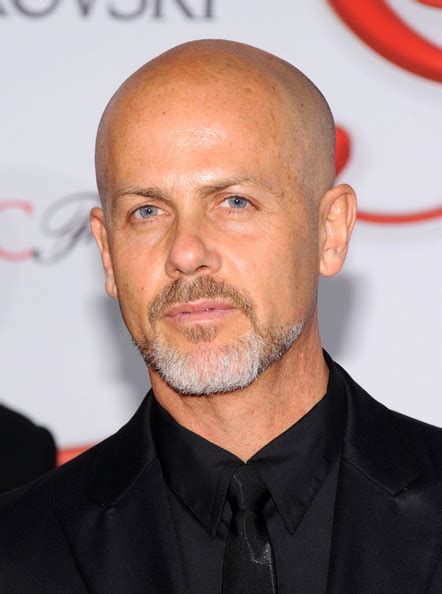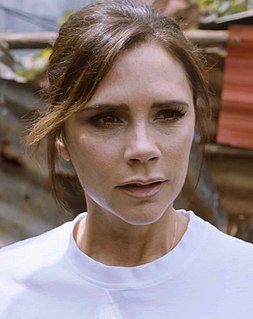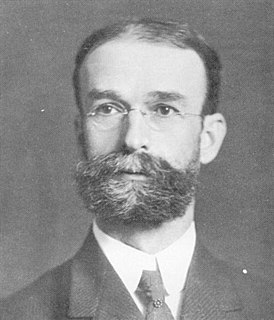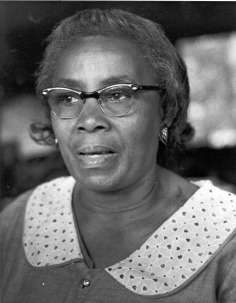A Quote by Robert Lepage
People think that it is negative, but in fact, chaos can be very fertile.
Related Quotes
Chaos theory, a more recent invention, is equally fertile ground for those with a bent for abusing sense. It is unfortunately named, for 'chaos' implies randomness. Chaos in the technical sense is not random at all. It is completely determined, but it depends hugely, in strangely hard-to-predict ways, on tiny differences in initial conditions.
The fear of freedom is strong in us. We call it chaos or anarchy, and the words are threatening. We live in a true chaos of contradicting authorities, an age of conformism without community, of proximity without communication. We could only fear chaos if we imagined that it was unknown to us, but in fact we know it very well.
I'm very focused on what I do professionally, and I'm very focused on my family, and I don't really get too stressed out about what people say or what other people think. In fact, it's not on my radar at all. If there's anything negative, I don't want to know about it. I just do my own thing and get on with my life.
I came out very strongly that we want a border, and the Mexican government probably convinced him that Donald Trump was saying not nice things about the border. And I think it worked out well. I don't think it was a positive, though. I think it was probably a neutral. I don't think it was negative, but it could have been a tremendous negative.






































